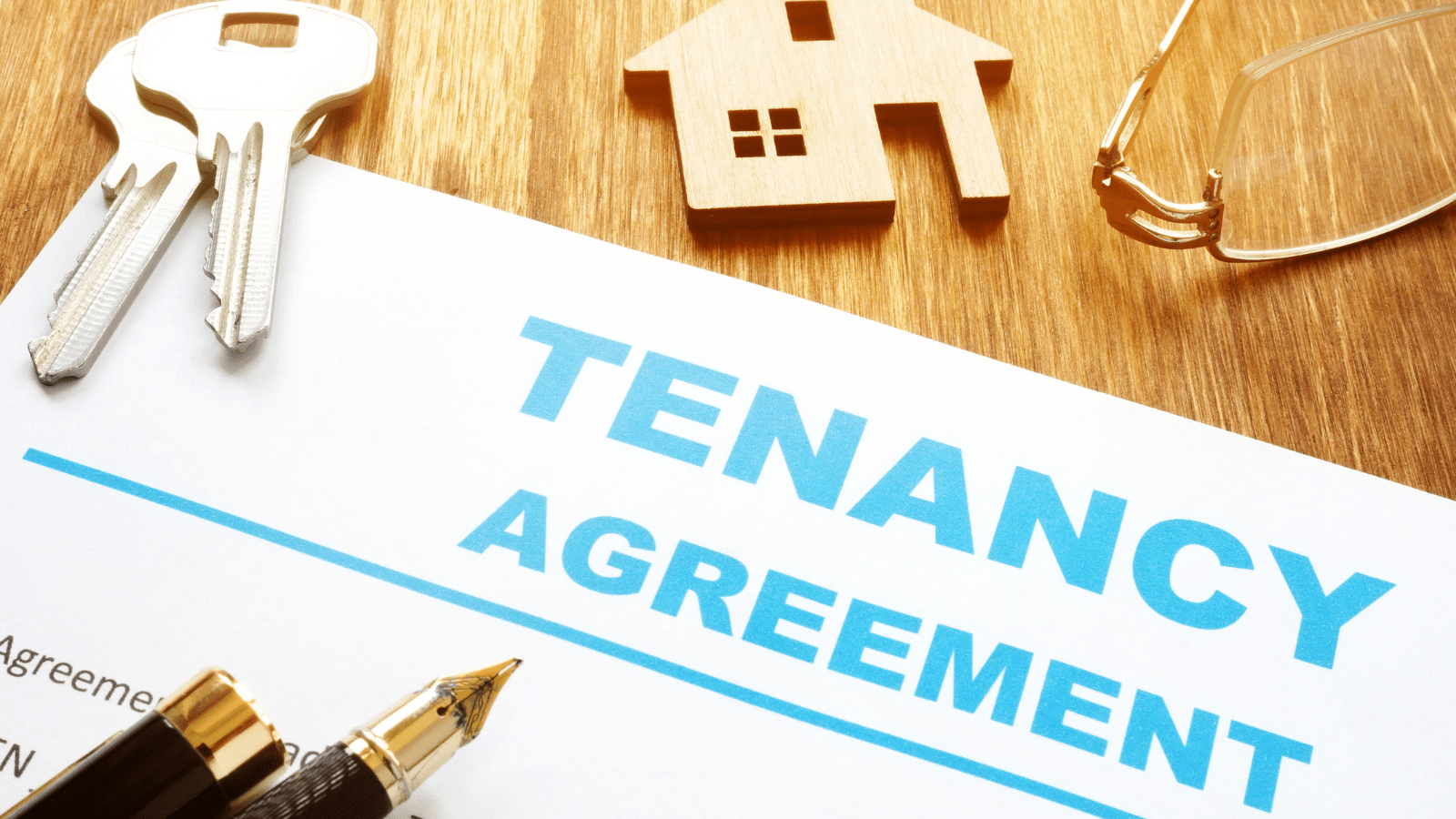-
Business Services ▾
-
Company & Commercial
- Legal Services for Landlords
- Commercial Property
-
Employment Law
- - Sponsor Licences
- - Employment law solicitors and HR training UK
- - Employment Tribunals Advice
- - HR Consultancy
- - Discrimination and Family Issues in the Workplace
- - Restrictive Covenants
- - Drafting and Varying Contracts of Employment
- - Redundancies and Restructuring
- - Disciplinary Hearings, Dismissals and Grievances
- - Trade Unions and Industrial Action
- - TUPE Guidance
- Commercial Litigation
-
Legal Compliance
- Debt Recovery
- Business Recovery & Insolvency
-
Company & Commercial
-
Individual Services ▾
- Residential Property
- Public Law
- Family & Matrimonial
- Children Law
-
Clinical Negligence
- - Abuse and neglect of the elderly
- - Fracture Negligence
- - Surgical Negligence
- - GP Negligence
- - Gynaecological Claims
- - Medication and Prescription Error Advice
- - Paediatric Claims
- - Orthopaedic Negligence
- - Physiotherapy or chiropractic treatment errors
- - Ophthalmic Eye Claims
- - Cancer Misdiagnosis Claim
- - Pressure Sores
- - Inquest Representation
- - Cauda Equina Syndrome Compensation
- - Anaesthetic Awareness – Administration Mistakes
- - Birth Injuries
- - Cosmetic Surgery Mistakes
- - Negligent Cardiac Care Claims
- - Cerebral Palsy
- - Chiropractic Injury
- - Colorectal Surgery
- - Consent to Treatment
- - Dental Negligence
- - Ear, Nose and Throat
- - Sepsis
- - Personal Injury
- Wills & Probate
- Dispute Resolution
-
Sports Law
- Employment Law
-
UK COVID-19 Inquiry
- LGBTQ+ Legal Advice
28th February 2024 | Legal Services for Landlords
What Can I Do If I Suspect A Tenant Is Illegally Subletting My Property?
If you suspect that a contract holder is subletting your property without proper authorisation, it is crucial to understand your rights and the legal steps you can take to address the situation effectively.

Embarking on the journey of becoming a landlord comes with its share of challenges, and one such concern that frequently arises is that of illegal subletting (sub-occupation under the new Rent Smart Wales law) – but what exactly does this mean?
Understanding Illegal Subletting
Illegal subletting transpires when the contract holder rents out all or part of the property to a third party, or moves extra family members in, without obtaining the landlord’s consent. This can result in a myriad of complications, such as potential breaches of contract agreements, and a loss of control over who resides in your property.
It also means that the contract holder might have unknowingly created a house in multiple occupations (HMO), which requires a license. You would need to notify the council so that they do not take action against you.
Identifying Signs of Illegal Subletting
- Unusual Activity: Keep an eye on any sudden changes in activity around the property. Unexplained comings and goings, an increase in unfamiliar faces, or a surge in noise levels may indicate unauthorised subletting. Regularly inspect the property and its surroundings for signs of overcrowding or behaviour that deviates from the usual.
- Online Listings: Online rental platforms have become a common avenue for subletting arrangements. Regularly scour popular rental websites to ensure your property is not listed without your knowledge.
- Neighbour Reports: Engage in open communication with neighbours who may observe activities around the property. They could provide valuable insights into any suspicious behaviour or increased number of individuals accessing the premises.
By being attentive to these signs and promptly addressing any concerns, landlords can take proactive steps to safeguard their property and enforce contract agreements.
What Should You Do if You Suspect Illegal Subletting?
- Review Contract Agreements: Begin by meticulously reviewing the terms set out in your written agreement. Scrutinise any clauses relating to subletting and determine whether the contract holder has breached these terms.
- Gather Evidence: Photographs, witness statements, or communication records may substantiate your case.
- Communicate with the Contract holder: Initiate a conversation with the contract holder to discuss your concerns. They may be unaware of any subletting activity or willing to rectify the situation.
- Terminate the Agreement: If the contract holder fails to address the issue and you have legal grounds, consider terminating the lease. Ensure compliance with all legal procedures to mitigate potential counterclaims.
- Consult Legal Professionals: Seek advice from legal professionals experienced in landlord and tenant disputes. Our specialist solicitors can guide the next steps to take.
Can You Enter the Property Unannounced?
Generally, landlords are required to provide at least 24 hours’ notice before entering their contract holder’s property, except in emergencies.
Typically, the conditions under which a landlord can access a property they are renting out are set out in law. Our specialist team can guide you based on where your property is.
How We Can Help
Illegal subletting presents a complex challenge for landlords, balancing an understanding of your rights and available legal remedies.
If you find yourself grappling with suspicions of subletting, here at Harding Evans we have a team of solicitors who are experienced in providing legal support to landlords. Contact us today.












